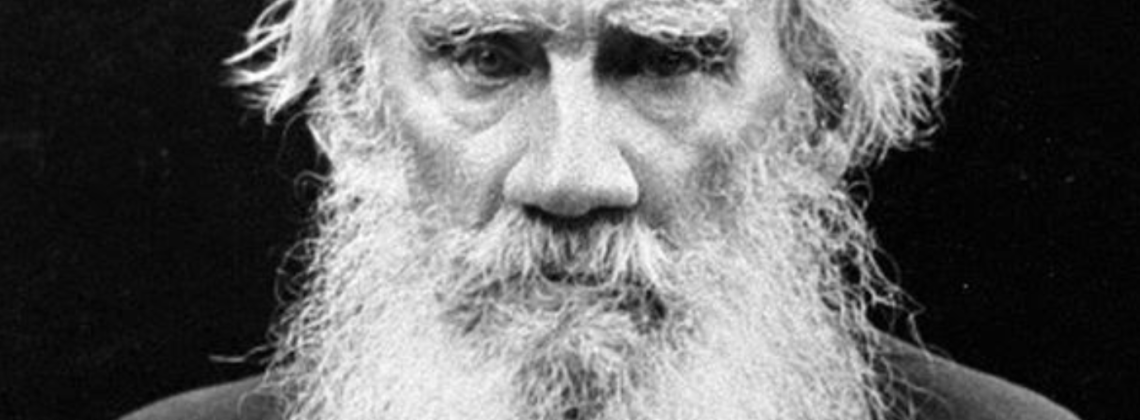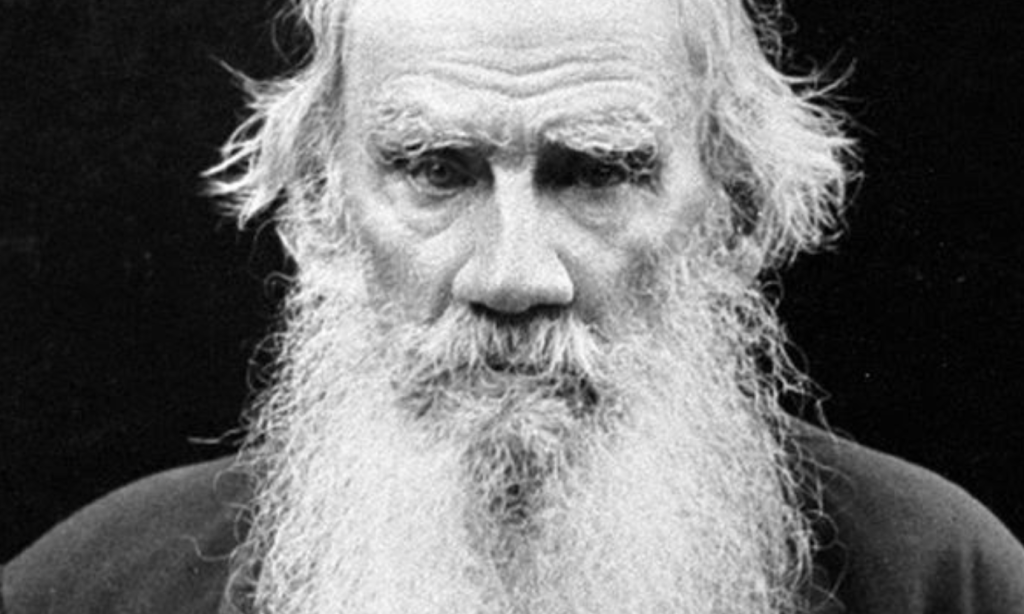

For the great Russian writers, wonder was the pathway to freedom
Wonder Confronts Certainty: Russian Writers on the Timeless Questions and Why Their Answers Matter by Gary Saul Morson. Belknap Press, 2023. 512 pp., $37.95
If you’ve ever wondered how Russia could produce such literary giants as Dostoevsky and Tolstoy yet succumb to villains like Lenin or Stalin, then Gary Saul Morson has written the book you’ve been looking for.
Morson, one of the foremost Russian literature experts in America and the Lawrence B. Dumas Professor of Arts and Humanities at Northwestern University, writes prolifically on all the Russian masters from Pushkin to Solzhenitsyn. When Morson publishes an article, I read it without hesitation, for his insights always present me with a deeper knowledge of the writers I love.
Let me give away the punchline of the book up front: Those writers who lived and wrote under the auspices of wonder remained free. Those authors and political machinators who claimed certainty, however, instituted tyranny.
Morson opens his book with “The Dialogues of the Dead,” in which a living writer resurrects authors from various times and places them at the table with one another to discuss eternal questions. In Russian literature, these dialogues occur everywhere. “These ‘Russian conversations’ import the freedom of dialogues of the dead into everyday life,” Morson writes. “In some liminal space . . . time seems suspended, and people talk from the depths of their souls as if they were already living outside time.” The characters broach the biggest philosophical quandaries of human existence about good, evil, truth, justice, and so on. In this regard, every Russian novel is a sort of self-contained Great Books colloquium.
For the Russians, however, such conversations were not mere fiction; they were the stuff of reality. Whether in the Gulags or in a St. Petersburg tavern, the peasants and holy fools and Russian officers asked, “Do you believe in God?” The debates of life became the fodder of Russian novels, and any school-educated Russian could argue his points with examples from Lermontov or Chekhov or Akhmatova. They were a literary people—for whom literature was central to social gatherings, politics, and religion.
Morson remarks on the relatively brief time span the history of Russian literature occupies. Whereas the British can boast of a literary history that spans from Beowulf to Canterbury Tales to White Teeth and beyond, “Russian literary history is ‘telescoped,’” occurring roughly from 1825 to now. Following Peter the Great’s rapid westernization of the country, Russians were reading Cervantes as a contemporary of Richardson and Bacon with Kant. They were publishing novels one on top of one another. A journal published in 1866 featured excerpts from Dostoevsky’s work in progress Crime and Punishment in the February issue, then Tolstoy’s work in progress War and Peace in the April issue. The Russian literary world was as compacted as it was prodigious.
How then did this culture of beauty and goodness transform so quickly into one of totalitarian fear and violence? Morson contrasts the wonder of the literary world with the certainty of the political machine in Russia. When the intelligentsia replaced religion with politics, the fervor for their cause never lessened, but they chose propaganda over poetry. In place of truth, these authors, such as Nikolay Chernyshevsky, offered up idealism and ideology. “Thanks to ideology,” Solzhenitsyn writes, “the twentieth century was fated to experience evildoing on a scale in the millions.” The only truth now was whatever the Communist State claimed it to be. All truths submitted to the lies of an ideology that promised a future utopia that never came.
Rejecting politics of oppression, the great Russian writers repeatedly called for moral feeling. In other words, they strove to awaken Russian souls even during their suppression by the overly rational and immoral regime. In The Brothers Karamazov Dostoevsky turned Russians to the curative power of suffering. In “The Death of Ivan Illych,” Tolstoy reminded readers of death and the immortal soul. It is little wonder that these works and others like them were banned by the Soviet censors. “It is the writer’s duty to tell the truth,” twentieth-century Russian author Vasily Grossman insists, “and it is a reader’s civic duty to learn this truth. To turn away, to close one’s eyes and walk past is to insult the memory of those who have perished.” Grossman refers not only to the revolutionary role of reading in the life of the free but also to the executions of those citizens who used their freedom to reject the Soviet state.
During the years of Soviet rule, Russian literature was banned and writers were censored, exiled, or executed. And yet the prisoners of the Gulags still did not succumb to the oppression of the regime but continued to write and recite verse. Solzhenitsyn famously saved bread to convert into rosary beads and attached a line of poetry to each one in his attempts to memorize verses. “Countless former prisoners describe how memorized verse consoled them,” Morson observes. “It preserved their past life and their continuity with it. And it was something that the authorities could not take away.” Literature was a way to remain free in the midst of imprisonment, for the authorities could not control the souls of the prisoners.
Morson’s emphasis in this book goes beyond the literary merit of these Russian authors; such work has been undertaken before. The subtitle concludes with “Why Their Answers Matter.” This should stir the reader to question the significance of the Russian questions and answers. Why are they relevant to us? “Life is eternal dialogue,” Morson writes, “a world symposium that never ends. [And] literature, especially the realist novels and related genres, allows us to sense the spirit of symposium. Then we experience the world as people engaged in conversation.” Although American readers do not wrestle with the legacy of a totalitarian government, they should fear the mediums of exchange that promise certainty rather than open paths for wonder. Do we spend most of our hours in conversation or monologue? Are our political leaders, teachers, marketers, writers encouraging eternal questions about reality or sentimental ideas about a potential utopia?
For Morson (and for this author), the Russian writers matter because we are all meant to be free souls, yet we all reside in a world where society can oppress our freedom with sentimental and ideological illusions. The paradox is that these great works of fiction tell us more about reality than the supposedly factual stories we hear every day. In the vast “dialogues of the dead” that Morson relays for his readers, Russian literature—in spite of the barrage of lies around us—has the power to awaken our souls to truth again and again.
Jessica Hooten Wilson is the inaugural Seaver College Scholar of Liberal Arts at Pepperdine University and a Senior Fellow at the Trinity Forum. She is the author of several books, most recently The Scandal of Holiness: Renewing Your Imagination in the Company of Literary Saints.
Image: Leo Tolstoy